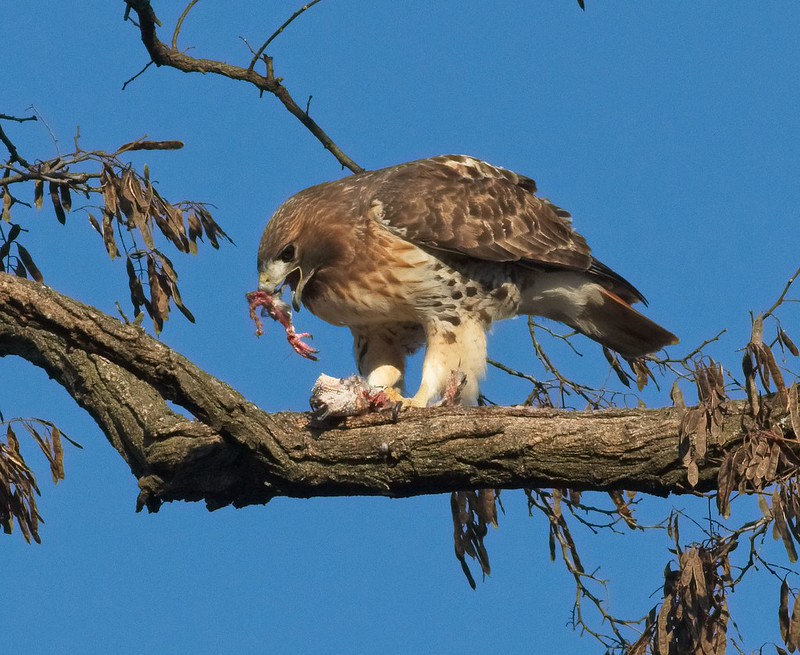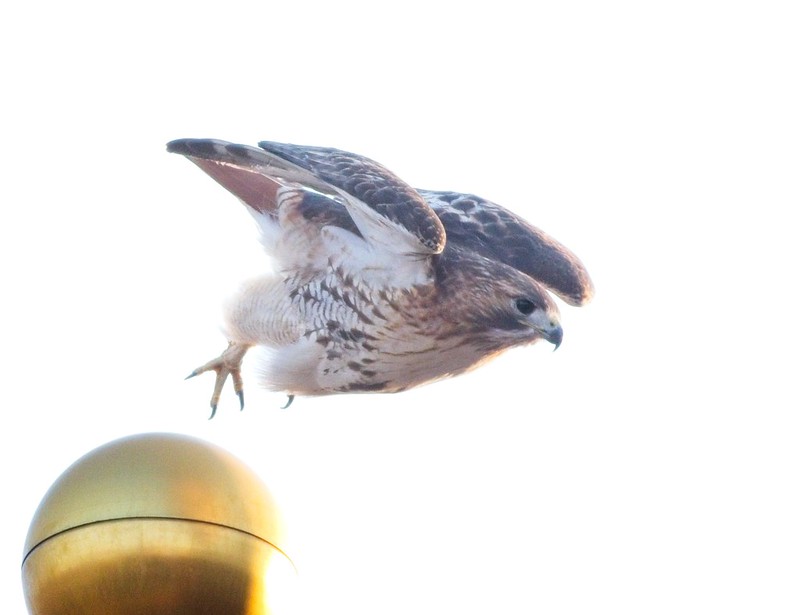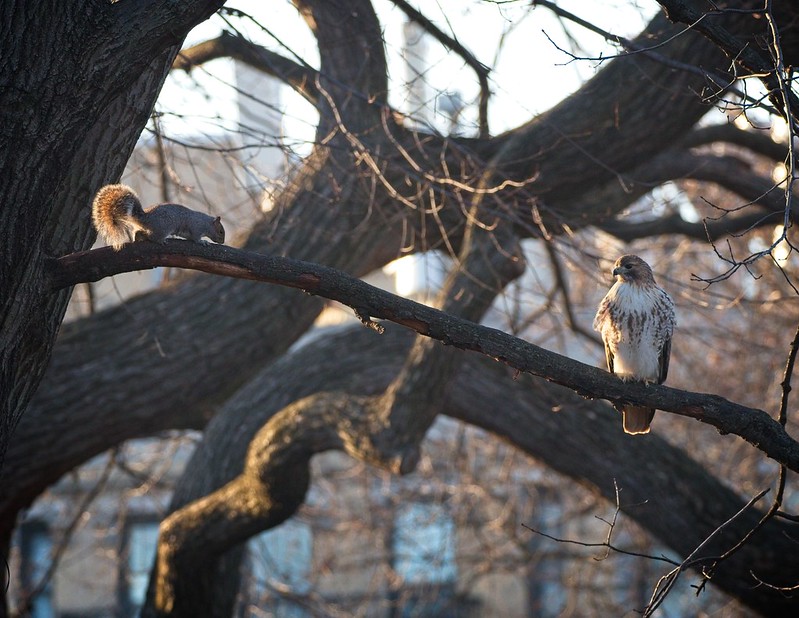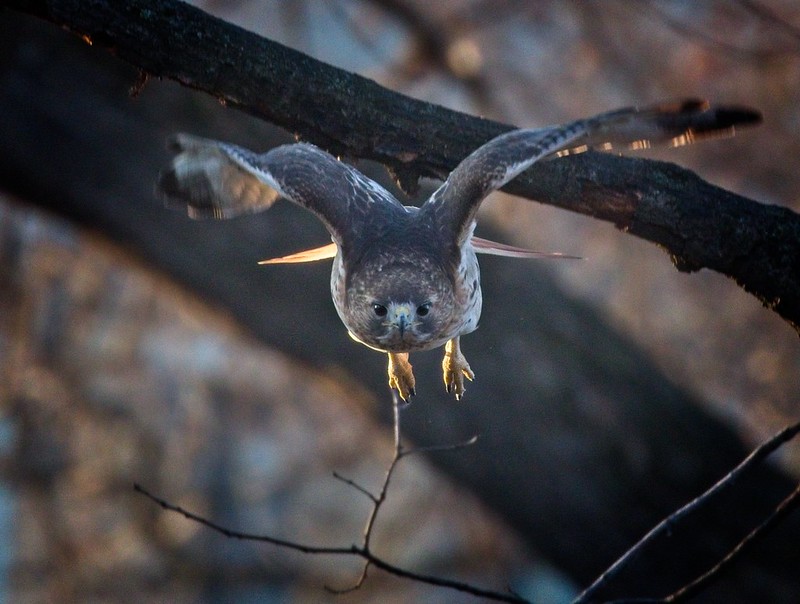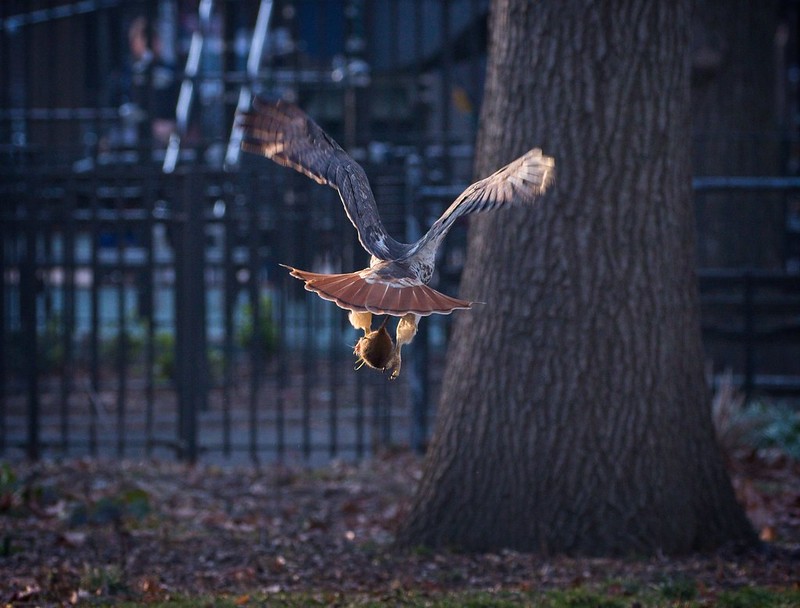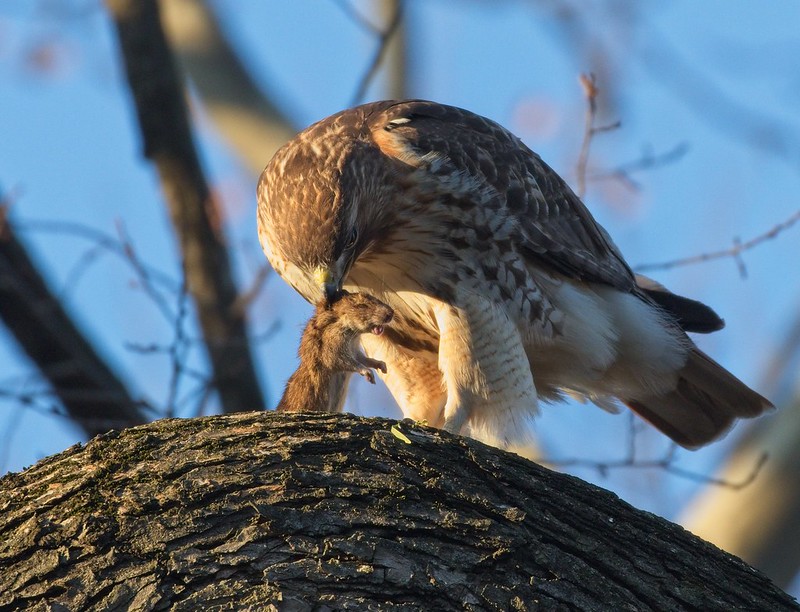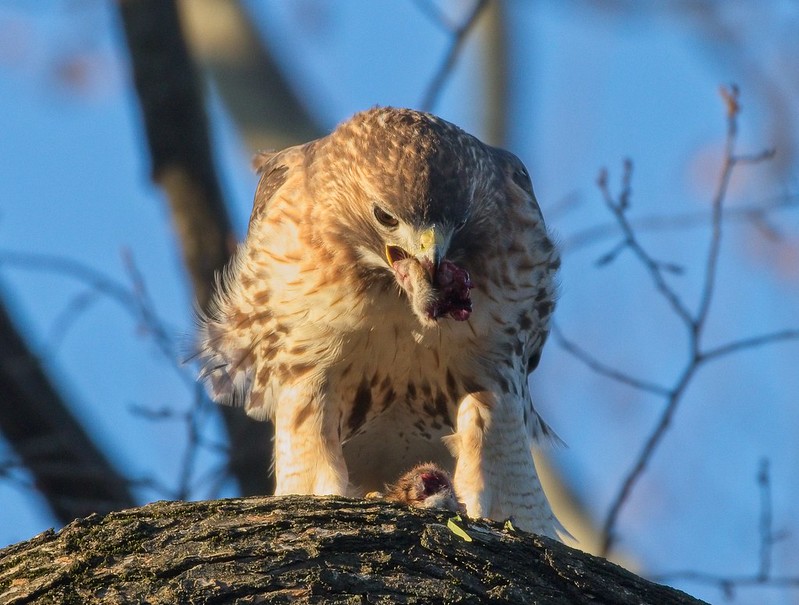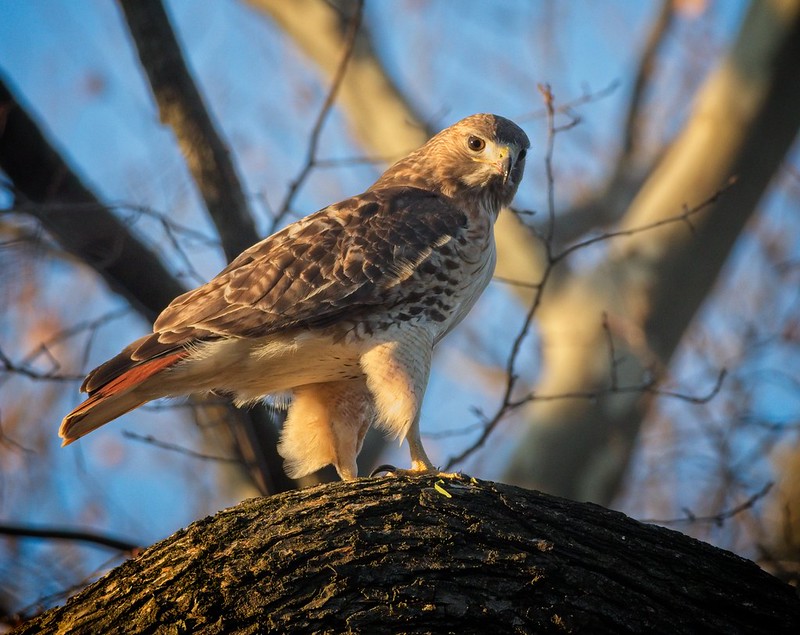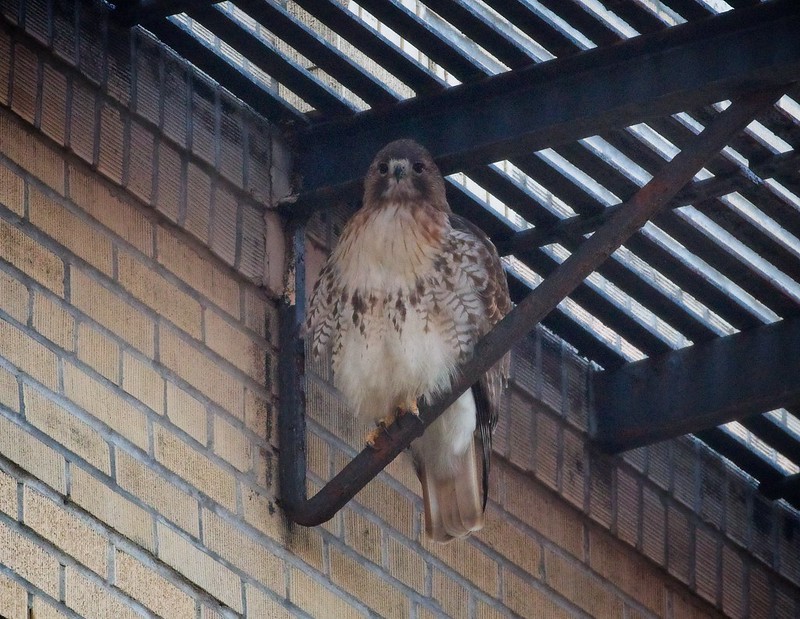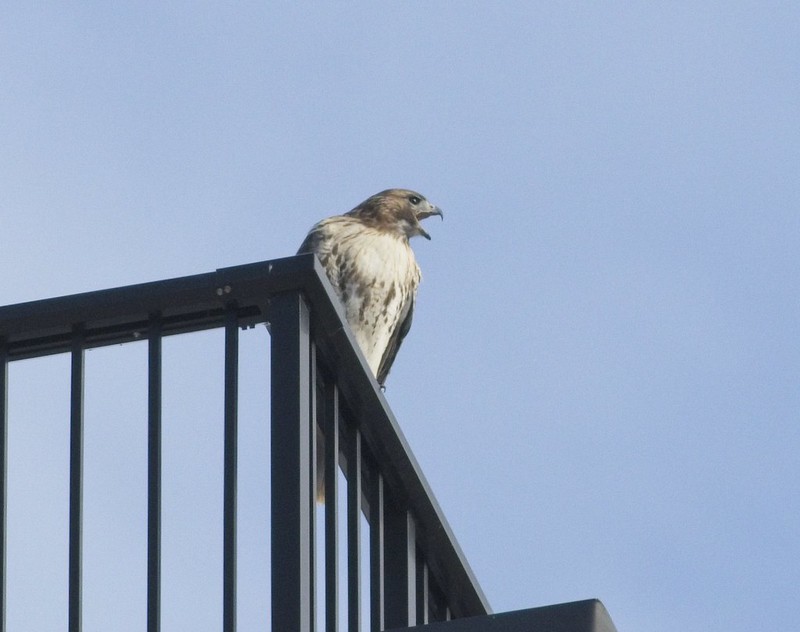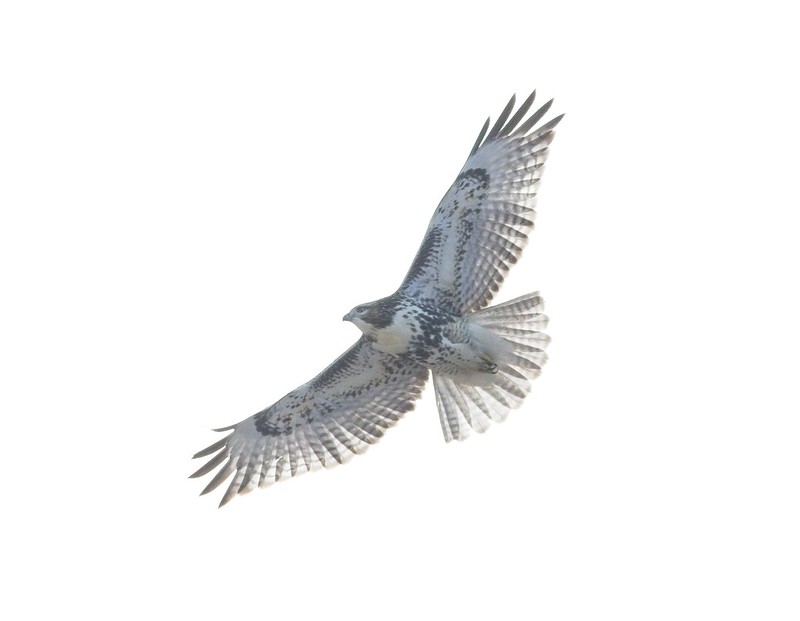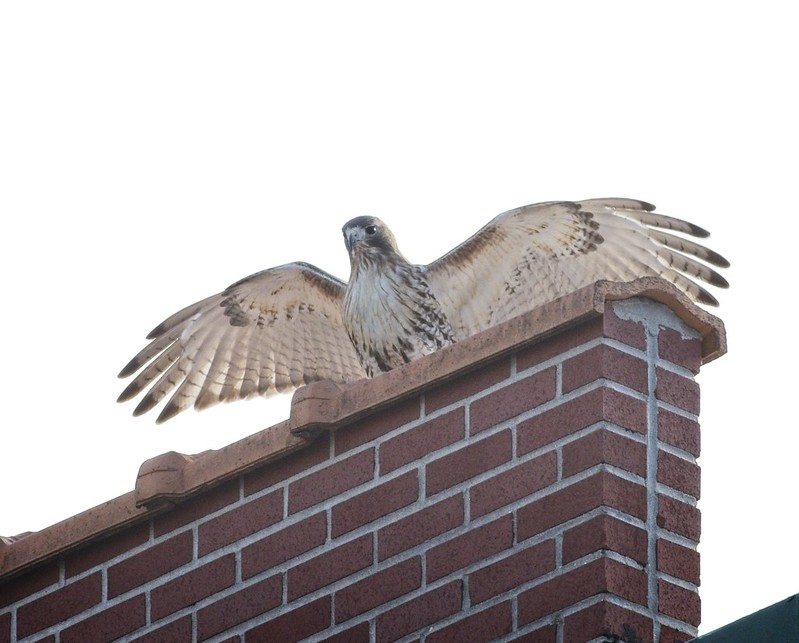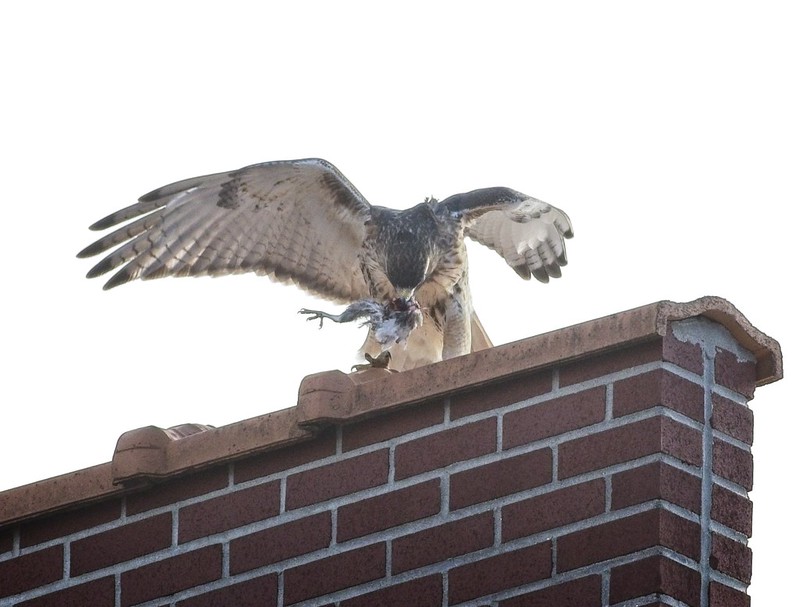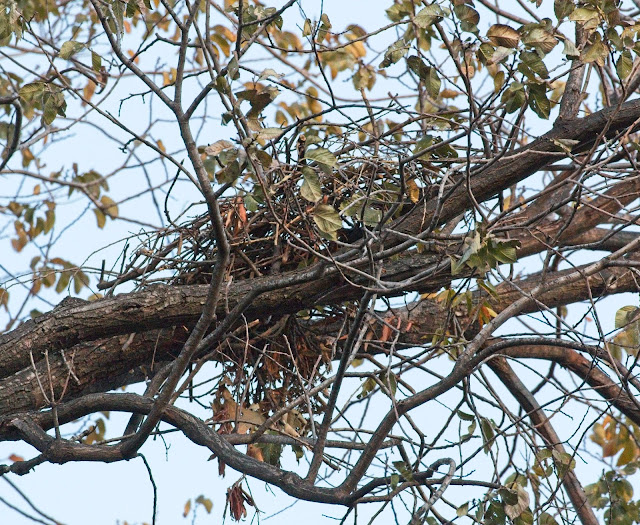I took a trip down south to Florida this last November where I saw so many birds, it was almost overwhelming. All birds, all the time!
I made my first visit last February and counted 83 species. This last trip added 42 to my Florida list, and those were just the ones I was able to positively identify.
On the previous trip, I wasn't able to get a very good look at a
Red-Shouldered Hawk, so I was thrilled to see numerous individuals on the most recent visit. They were everywhere, but most easily spotted perched on power lines along the highways. The red shoulder patch really stands out on the one below.

This one was seen at sunrise in
St Mark's Wildlife Refuge, the same place where the
Vermilion Flycatcher has been hanging out.
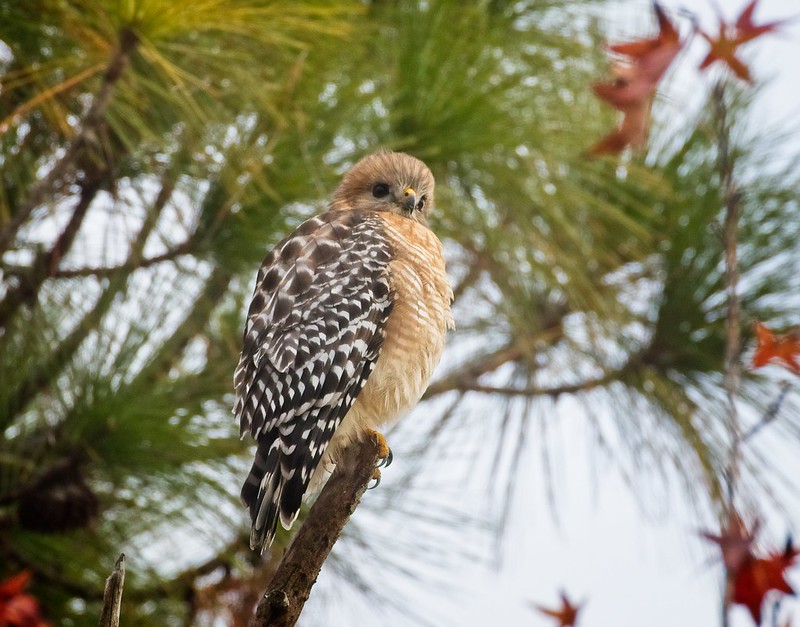
Up in Port St Joe, which was
slammed by Hurricane Michael in October 2018, this little kestrel had staked out a territory along a grassy embankment.

The area was composed of a large open field dotted with tree snags, a perfect hunting ground for a kestrel. Below, he snacks on a dragonfly.

The dragonfly turned out to be a Green Darner, which have been
found to migrate. The one below hung out with me for almost an hour and let me watch it hunt. It flew back and forth over a patch of grass, pausing for a few seconds on every turn. That's when I was able to snap a photo. That's also when a kestrel is able to nab one!

I didn't see many
Red-Tailed Hawks on this trip, but I did see an adult pair hanging out together at Crescent Lake in St Petersburg. Below, one of them gets chased by a
Fish Crow.

The raptors above were all found in the wild, but I also visited several parks and animal rehab centers where I was able to see some species up close. On a visit to
Boyd Hill Nature Preserve in St Petersburg, I lucked out when falconer Ash Cary of
Knightwings just happened to be visiting for the day. He brought along an array of stunning birds, some of which I'd never seen before.
First up, a
Tyrant/Black Hawk-Eagle:
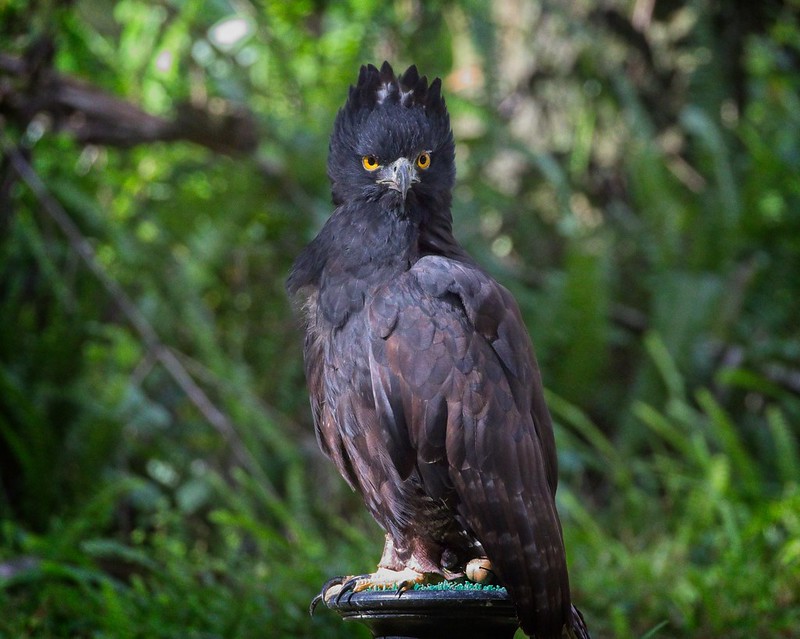
I couldn't take my eyes off this gorgeous guy.

This bird comes from Central and South America, and is only one of a handful in the United States. At the time of this posting, it is the
only one on public display, so this was a real treat to see.

Brunch time! When the snacks came out, the Tyrant spread its wings, revealing a black and white checkered pattern on its legs and under-wings. There is also a white patch in its crest.

Another raptor I've never seen before: A
Bonelli's Eagle. These are found in Northwest Africa and India.
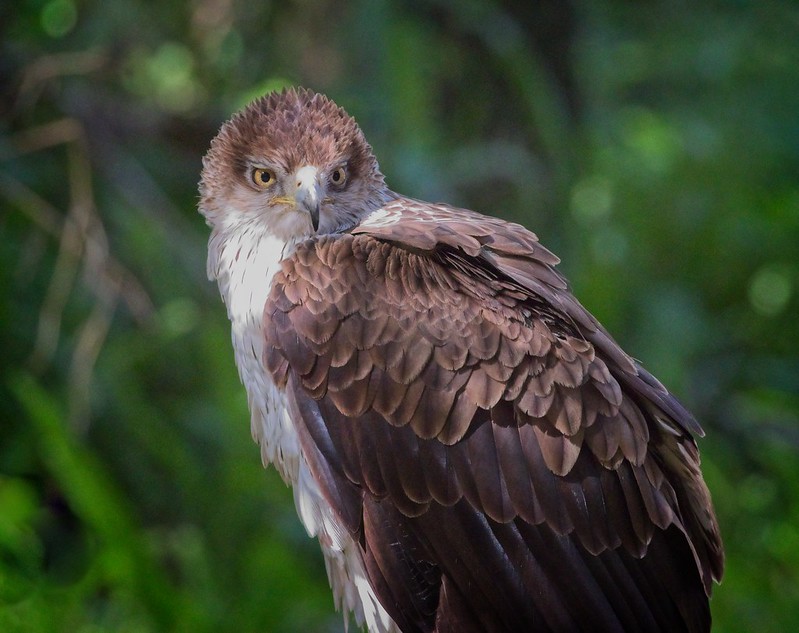
This is a
Wahlberg's Eagle from Eastern and Southern Africa. For some reason, I only came away with one photo of this raptor and this is it.

This beauty is an
African Augur Buzzard.
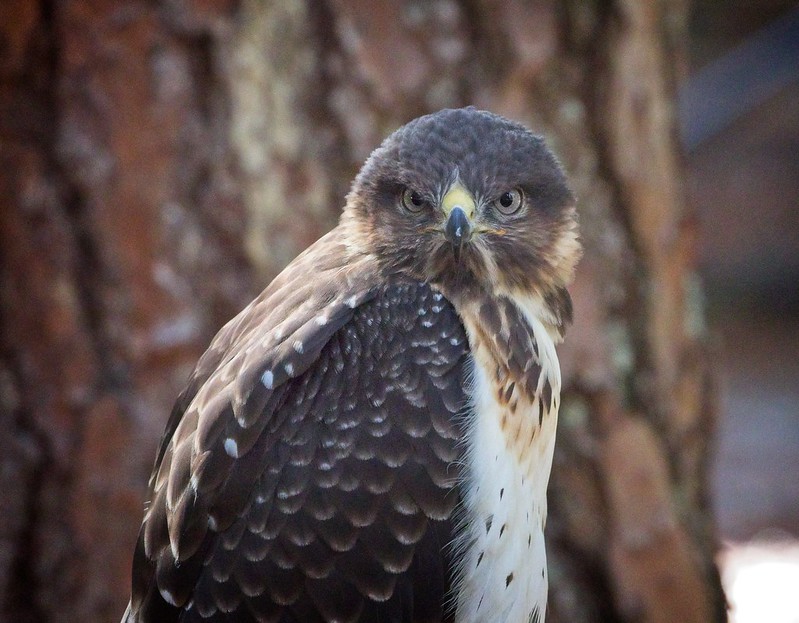
Here we have a
European Common Buzzard, similar in appearance to a Red-Tailed Hawk.

The
Crested Caracara can be found in Florida, but I did not see any in the wild on this trip.

And finally, a
Lanner Falcon:

I felt really privileged to see these raptors close up, and with no one else around. That just doesn't happen here in NYC - a gathering of birds like this would attract a huge crowd. Thanks to Ash Cary for generously sharing his birds. Check out
this video interview of him as he talks about his life as a falconer.
I wasn't able to post photos of all his raptors here, so you can see more on
my Flickr page.

